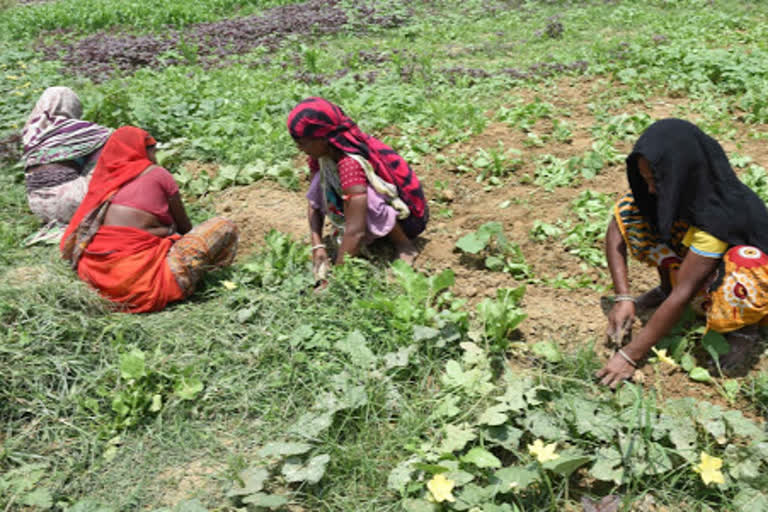Hyderabad: Food and health are the two most important priorities anywhere in the world, irrespective geographical boundaries. The latest initiative of the central government focusing on the threat to health through food domestically is a welcome development. The Modi government has released draft legislation banning 27 types of toxic chemical pesticides sprayed on rice, pulses, vegetables and others.
The centre, which gave a deadline of 45 days to file objections, will review them and issue a final order in July.
Many countries have already banned those incorporated in the list. 63 countries have banned the use of carbofuran, which is harmful to bees and birds. 45 countries have banned Diclofenac, 35 -- Methomyl; 32 -- Acephate; and 30 countries have added Quinalphos to the list of sanctions.
Residues of pesticides sprayed by farmers on fruits, vegetables and various crops for prevention of pests are directly entering the consumers' bodies and creating adverse effects on their health. Experts have been warning for long that the poison covering the food articles will lead to chronic diseases. The shocking fact is that the residue of the chemicals is responsible for cancers, and hormonal imbalances.
The United Nations has declared some time back that the disinfectants used in various countries are taking away nearly two lakh lives annually.
By enticing the authorities those companies are getting away for years.
The centre's resolve to dispense with the bitter past must be welcomed. Since the states have to enforce the restrictions strictly, the centre must consult them and move forward with their support.
A study conducted in the past at a place near Ranchi, Jarkhand, which grows vegetables extensively, revealed how pesticides are used very indiscriminately.
More than 60 growers have been killed in Yavatmal district in central Maharashtra, while blindly spraying poisonous pesticides without any knowledge of their toxicity and threat to life.
Indiscriminate use of Endosulfan in Kerala has affected biodiversity in the state killing fish, frogs, snakes, bats and other wild animals. That nightmare cannot be forgotten. Even after that, the continued use of endosulfan by many states is shocking and really concerning.
Restricting the storage and transport of pesticides like monocrotophos and oxyfluorfen is not enough; their manufacturing also must be stopped. It is not enough to ban 27 disinfectants. Experts worry that there are more than a hundred pesticides in use in the country, which are subject to restrictions abroad.
The farmers must be clearly explained about the waiting time for harvesting the crop after spraying a particular insecticide. It is said that there is no danger of residues after a prescribed time of the use of nano chemicals-based pesticides.
Public awareness about this must be increased. Due to a shortage of farm labour, products like glyphosate are extensively being used to destroy weeds. This is not only converting the entire crop produce poisonous affecting the health of people, but also rendering the soil useless and resulting in water pollution.
The government must take initiative for a culture of safe cultivation with a new legislative framework for natural organic farming, totally dispensing with the use of poisonous pesticides to eliminate pollution, rejuvenate nature, soil and improve public health!
Also Read: Assam flood: Over 30,000 people affected, inundate 5 of 33 districts



